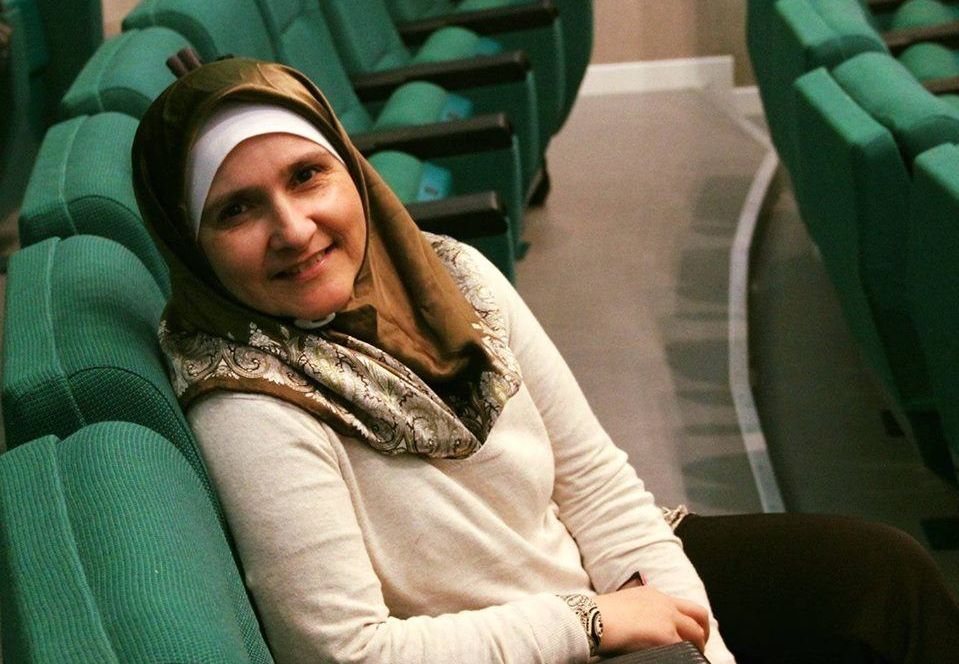São Paulo – This Monday, February 1st, many Muslim and non-Muslim women are posting pictures of them wearing a hijab on their social media. They are responding to a call from the World Hijab Day, which is aimed at encouraging women to wear the veil. In Brazil, a research group at the University of São Paulo (USP) promotes the initiative.
The World Hijab Day was founded in 2013 by Nazma Khan, who was born in Bangladesh and currently lives in the United States. “Today is the day to support hijab wearers,” explains Francirosy Campos Barbosa (pictured above), an anthropologist and professor at USP.
Barbosa coordinates the Gracias Anthropology Group on Islamic and Arab Contexts at the USP campus in Ribeirão Preto and leads a research on Islamophobia. A psychologist, a lawyer, an educator, a psychology student, a sociologist and Barbosa herself run the research, which was started a year ago. The study has not been concluded yet, but there are some findings.
“In the Muslim community, women who wear the veil are more vulnerable to violence, particularly the converted ones,” says the researcher on women who converted to Islam, who usually don’t live around many Muslim people. “It’s not that the women who are born Muslim don’t suffer from violence, but the vulnerability of those who don’t have a Muslim family is bigger,” she says.
Women who wear the veil on public transport are more subjected to violence, Barbosa says. They also find difficult to get a job or a promotion. The researcher says that most people don’t know about the religion or the Islamic clothing, and there are a lot of stereotypes.
“People are repelled, some girls were even stoned, had their veils tugged. A professor started wearing the veil and heard extremely harmful comments from her coordinator. It’s a symbolic, verbal, even physical violence. Girls are told, ‘go back to your country,’ ‘bomberwoman,’ every kind of harmful comment,” she says.
Find out more about Islam:
The World Hijab Day was created to support the women who choose to wear the veil. “Many people are against it, believe it’s an imposition, it’s somehow backwards,” she says. Barbosa believes that those working with Islamophobia have to create aid mechanisms. Thus, the Gracias engagement in the world campaign. “In a secular country, you are supposed to have the right to be who you are,” she says.
The campaign aims at encouraging women of all religions and backgrounds to post pictures of them wearing the veil on their social media, in a bid to support freedom of expression. “Wearing the veil is also a way of freedom of religious expression. People have the right to wear it wherever they are,” says the researcher.
Translated by Guilherme Miranda




